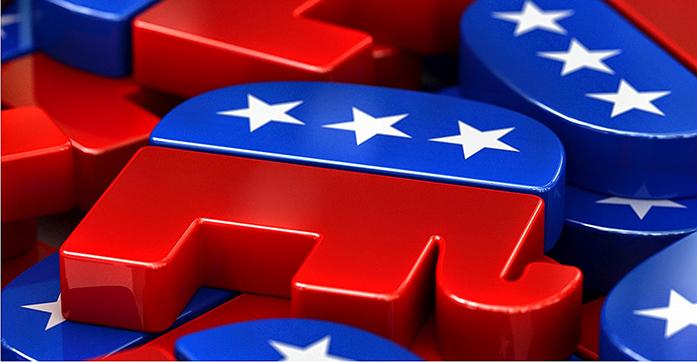By DanielWilliams
In my experience, conservatism is not well-represented in Iowa City, let alone America. I grew up in Cedar Rapids, where the situation is only marginally better.
Conservatism is always tied to religiosity. Conservatives are opposed to abortion, gay marriage, environmental protection, always on religious grounds. Conservatism, to many, means backwardness, close-mindedness, above all, whiteness.
It is my opinion that conservatism is not essentially a religious political position. Indeed, if it is to remain a serious political party at all, it must drop this aspect. Conservatism, rather than being essentially religious, is the recognition of the importance of tradition. Defining conservatism, then, is necessarily contextual, dependent on the traditions of whatever place you are in.
Conservatism, when I was growing up, always seemed to me the preservation of Christianity and whiteness. For someone who was raised in the absence of any religion, and who is half-white, it was a wholly unacceptable political position. Furthermore, when deciding between the “Conservative” Party and the “Democratic” Party, to my child’s mind it always sounded like the “Conservatives” were inherently anti-“Democratic”
As a political ideology, conservatism, as it was formulated by Edmund Burke, arose in reaction to the French Revolution. The French Revolution witnessed the triumph of radicalism, the violent toppling of a corrupt aristocracy by the oppressed masses. Some hoped that a similar revolution would occur in England. But it soon became clear that the situation in France was far from desirable. “Mob rule” ensued — the real counterpart of social-media outrage dog piles — blood-filled the streets, and in a few years France and much of Europe was living under the military dictatorship of Napoleon.
Conservatism became the recognition that radicalism, essentially a destructive political ideology, leads to an even worse state of affairs than the unjust system it replaces.
As a political doctrine, conservatism in America should mean an adherence to the political traditions as laid out in the founding documents of the country, which is just liberalism. Conservatism should be a dogmatic adherence to liberal principles. The Christian tradition is unviable for many, including me. Yet we recognize the importance of having a living tradition. We recognize and celebrate the achievement of liberalism. But we also recognize that liberalism is a tradition that needs caretaking, protection, but most importantly, renewal.
The true conservative cares less about which tradition exists than that there be a living tradition.
Conservatives regard tradition as the primary unifying force in a society. They see tradition as a way for the individual to get outside themselves. Tradition gives significance to a single life by setting it next to the generations of the past. Those without tradition are unmoored from themselves, yet unable to escape narcissism.
The conservative does not, however, regard the past with a slavish aspect; he or she, too, recognizes that change can be beneficial. To be traditional does not mean to dully repeat the past; tradition can only survive through successive renewal. But the conservative always recognizes the debt to the past.
What traditions we have in America are few and unsatisfactory: sports and religion. The greatest tradition we have is the liberal tradition. But the liberal tradition demands that we be political. To be effectively political, we must know what we stand for. To know what we stand for, we must be aware of where and who we are.
Conservatism, then, should mean a return to local politics. It should mean a reduction in the federal government. Conservatism should mean a greater engagement with our community, ourselves, and our past.



